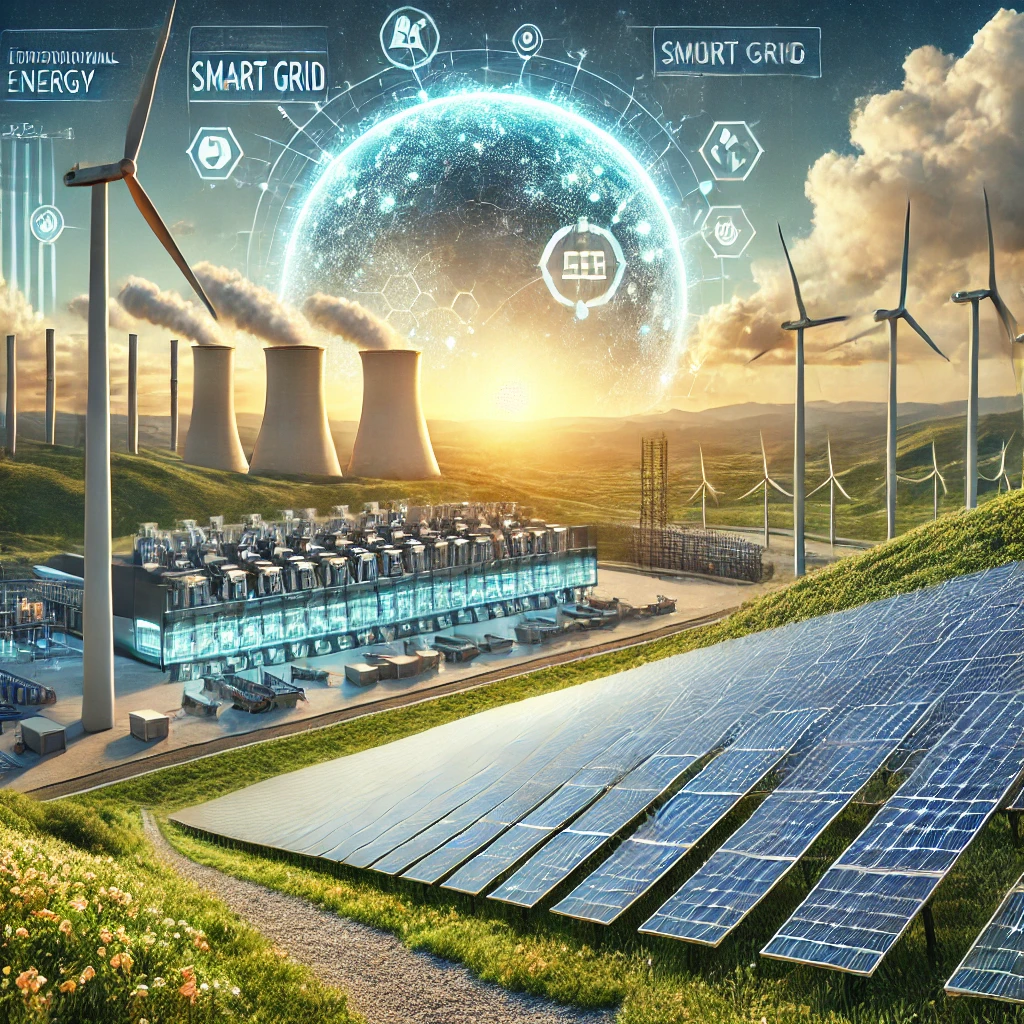Introduction: A Planet on the Brink
The Earth is nearing a critical point in its history, with global warming now reached a record threshold of 1.5 degrees Celsius above pre-industrial levels. Such a small number may sound insignificant, but it implies much for ecosystems, economies, and societies around the globe. It is a stern reminder that the time for decisive actions is not tomorrow or the next year; it is today.
Understanding the Science Behind Global Warming
The core of global warming is the greenhouse effect, which is a natural process intensified by human activities. Carbon dioxide, methane, and other greenhouse gases trap heat in the Earth’s atmosphere, which gradually causes the temperatures to rise. The burning of fossil fuels, deforestation, and industrial activities are major contributors to this phenomenon.
Adding to the complexity are feedback loops, where warming triggers processes that further accelerate climate change. For example, melting Arctic ice reduces the Earth’s albedo effect, allowing more heat to be absorbed, which in turn hastens ice melt—a cycle with cascading effects.
The Evidence: Observable Impacts of a Warming Planet
The signs of a warming planet are unequivocal. Polar ice caps and glaciers are retreating at alarming rates, contributing to rising sea levels that threaten coastal communities. Island nations face existential risks, with some already losing land to encroaching waters.
Extreme weather events, once rare, are now becoming the norm. Hurricanes are intensifying, droughts are lasting longer, and wildfires are more destructive. Ecosystems are not able to cope with these changes, and species are facing extinction as habitats shift and food chains are disrupted.
Crossing the Threshold: Consequences for Humanity
The effects of crossing the 1.5-degree threshold are profound. Natural disasters will be more intense and frequent, displacing millions and straining resources. Coastal cities may flood, requiring expensive infrastructure overhauls or abandonment.
The consequences also affect public health, where heatwaves are likely to exacerbate respiratory and cardiovascular conditions. These challenges disproportionately burden vulnerable populations in developing nations, exacerbating global inequalities and fuelling migration crises.
Global Actions to Combat Climate Change
In response to this dire situation, nations have rallied under agreements such as the Paris Accord, promising to limit global warming and reduce emissions. Initiatives like the European Green Deal and the United Nations’ Sustainable Development Goals are trying to make economies sustainable.
Efforts are being undertaken through renewable sources, including the sun and wind. Large projects to replace fossil fuels are invested in by some countries, whereas grassroots movements continue to push local solutions and community resilience.
Advanced Technologies and Innovations
Innovation brings a ray of hope to the fight against climate change. Carbon capture and storage technologies are being developed and promise to cut emissions from industrial processes. Geoengineering concepts, such as solar radiation management, explore ways to cool the planet, though they remain controversial.
Nature-based solutions, such as reforestation and wetland restoration, bring double benefits: carbon sequestration and biodiversity preservation. Such approaches point to the need for an integration of science, technology, and nature in dealing with climate challenges.
Conclusion: Urgency and Action for a Livable Future
The criticality of the world reaching the threshold for global warming now constitutes a clarion call to humanity to act decisively. The focus of mitigation and adaptation efforts needs to accelerate, triggered by international collaboration, innovative technologies, and grassroots advocacy.
A sustainable and resilient future is within our reach, but it requires bold action and unwavering commitment. By prioritizing the planet and embracing collective responsibility, we can navigate this pivotal moment and secure a livable world for generations to come.

